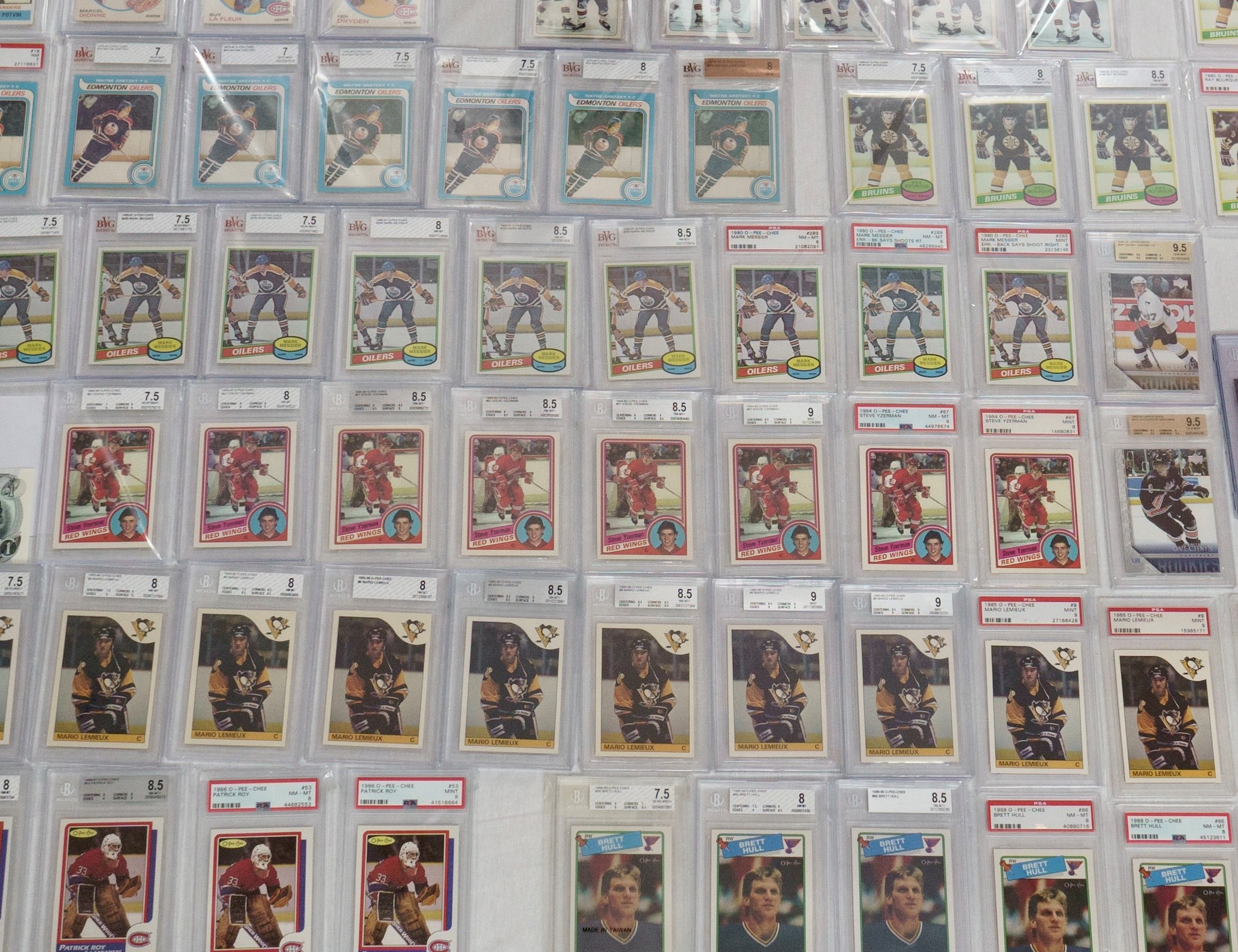This blog has been written by Sandra Arsenault, Law Clerk at Fasken LLP

Welcome back!
This is Part 2 of a two-part series on unusual assets and estate administration. For part one, please see my blog post here.
Typical assets in an estate consist of real property, automobiles, corporations, investments, cash, jewellery and artwork. What I would call the “easy” stuff. But sometimes there are collections, specialized equipment, intangible assets or even livestock. Imagine a testator who owns prize-winning racehorses.
Having cool assets or collections is fun unless you are the person put in charge of appraising, storing, maintaining, and selling such items (or animals!). As many executors find out, it can be costly and time consuming. Costs that can sometimes be higher than the value of the article itself. How does an executor complete the estate when dealing with a difficult or costly asset? Intentionally abandoning property that is too costly to administer can sometimes be an option.
An example of unusual asset administration would be a famous photographer dying with an extensive collection of negatives and prints needing proper archival material and white-glove handling to be preserved. Oh yes, and the antique camera collection also needs to be appraised and sold.
Obtaining values for rights and royalties for a handful of songs or published books can be quite a task. It can be awesome if your grandmother wrote a song twenty years ago, or your dad published a book, but what do you do about it now? With royalty-producing assets the projected income needs to be considered in a valuation calculation to figure out the date of death value, which is required in the probate application and detailed in an estate information return. If these assets are modest, maybe barely earning a few hundred dollars in royalties a year, it can be difficult to find a professional valuator for the scope of work since the cost can outweigh the assets themselves.
Commodities are hot right now, but gold and precious metals come with their own challenges. Banks have strict rules about buying back gold. And when you empty safety deposit boxes full of gold coins and bars, how do you transport it? The TTC is clearly not the better way in this instance.
Whatever the asset is, there are strategies to ensure that your precious (insert item here) is dealt with in the best way and does not cost your estate a small fortune to do it.
Firstly, provide the necessary information about your assets to your estate planning lawyer. Your lawyer cannot recommend the best plan if the items are never mentioned. If something you own is unique or valuable, make sure it is highlighted during the planning phase. There are ways to lessen taxes, avoid probate or reduce unnecessary estate costs. You have the power in your Will to dictate whether the expenses of storing, shipping and distributing certain items are paid for by your estate or the intended beneficiary.
Your lawyer may recommend a Secondary or Tertiary Will. Many people can benefit from having more than one valid Will for a variety of reasons. Maybe you can save money, save taxes or facilitate foreign property transfers by exploring this option. If you don’t currently even have one Will, it’s time to get on it.
Having expensive items in a separate Will that doesn’t require probate can be cost effective. Imagine having an expensive jewellery collection that you want to leave to your children. If you have only one Will (or no Will), it will likely be necessary to apply for probate for your estate. The value of that jewellery must be added and probate fees paid on the value, even if the jewellery is not actually being sold. Other funds in your estate, such as the money in your bank account, will be used to pay appraisal and probate fees on these often sentimental items that you want your children to have.
Perhaps it doesn’t need a separate Will, just a separate clause. A specialty item might be considered a household article or it might be part of the residue (what is left after debts and gifts are paid out). This potential ambiguity lends itself to arguments over whom the testator intended to benefit which could be avoided with better clarification.
If you are leaving the residue of your estate to charity, it is unlikely that organization will appreciate your hockey card collection. Consider whether there is someone who would get more value from it.
Without a specific clause in your Will most often these items will be sold, often at a discount, and the remaining funds distributed to the residuary beneficiaries. It is important to provide alternate instructions if this is not your intention.
Take a moment to consider if you have any unusual or important personal items and whether you have incorporated them into a thoughtful estate plan.
If you have friends, family or colleagues with fascinating hobbies or expensive collections, remind them to plan for these appropriately.
Thanks for reading!

0 Comments